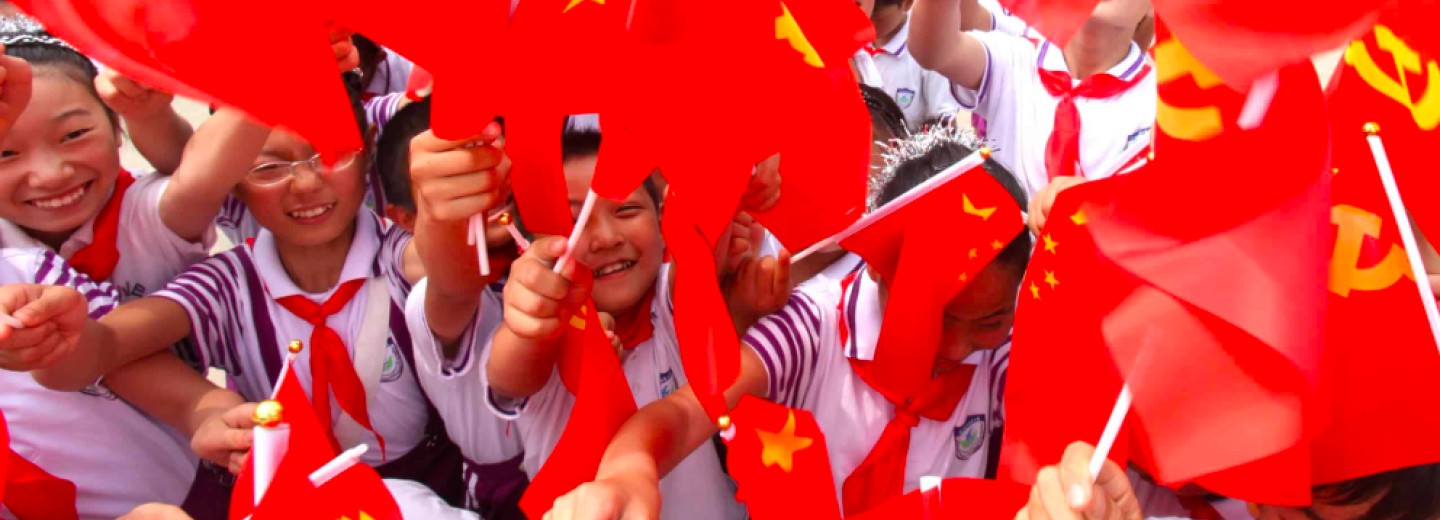CCP today
Last week, we looked at China’s place in the world and reflected on its ‘cold war’ with the USA. We summarised the views of experts. Our conclusion was that culture is an important part of the dispute between the world’s two great powers. When each culture recognises the legitimacy of the other, working together for everyone’s good becomes possible. This week we look at the Chinese Communist Party (CCP) that rules China. This is sometimes held up as an ultimate evil in the West.
Background
The CCP was founded in 1921 by a group of intellectuals who advocated representing the interests of the proletariat under the guidance of the communist ideal and the theory of violent revolution.

From its start with only 50 members, the CCP now has around 95 million members. By comparison, the Republican party in the USA has just over 36 million members. The Indian BLP has about 180 million members. More than one third of CCP members were born in the last 40 years; a great many have lived and studied in the West.
How the West views the CCP
A noted academic from China writes:
The misunderstanding of the Chinese Communist Party in the West is largely due to lack of research on the CCP in the West in recent years. Scholars either think that the CCP is no longer important or that the CCP is outdated.
However, this is not correct. China and its governance have fascinated westerners from the CCP’s beginnings. Here is a comment from a western-trained writer published in 1950:
One admittedly pro-Communist observer, who had lived many years in the Communist areas during the war, reported recently from Peking that the Communists have not enlisted the mass support they had in the old Communist areas because they have not been able to offer the inducements of better living conditions.
(The party clearly has learned from this in recent years.)
In 1984, another writer says:
Since Mao Zedong’s death in 1976, and particularly since the rise of Deng Xiaoping in 1978, the post-Mao leaders of China have sought to develop a new strategy and new institutions for modernizing China.
And:
Greater cultural diversity is now tolerated within China; foreign films, plays and books which were once almost completely banned are much more readily available. There is a much greater respect for professionalism in China; intellectuals, once relegated to the bottom of Mao’s revolutionary society, are being accorded a new prestige and new power.
In 2001 in the aftermath of the Tiananmen protests, Andrew Nathan gives a wonderfully detailed account of the story behind that tragedy, using CCP minutes and documents smuggled out of China later. What is clear are the internal debates and struggles that took place among the top leadership of China under Deng Xiaoping. As it would be anywhere, decision-taking was agonising. Deng Xiaoping took the final decision:
I agree with all of you and suggest the martial law troops begin tonight to carry out the clearing plan and finish it within two days. As we proceed with the clearing, we must explain it clearly to all the citizens and students, asking them to leave and doing our very best to persuade them. But if they refuse to leave, they will be responsible for the consequences. …
There have been numerous other careful articles and books about the CCP over many years that are available to western readers. Research and comment is plentiful.
Today’s western studies
This year, three new books once again show that western study of China and the CCP abounds. The first is ‘The Chinese Communist Party’ by Timothy Cheek, Klaus Mühlhahn, and Hans van de Ven. The book demonstrates “that the history of the Chinese Communist Party is not one story but many stories, readers learn about paths not taken, the role of chance, ideas and persons silenced, hopes both lost and fulfilled.”
China’s Leaders, by David Shambaugh, covers roughly the same period, with essays on Mao and his successors: Deng Xiaoping, Jiang Zemin, Hu Jintao, and Xi. In Shambaugh’s view:
By ending collective rule and crowning himself the unilateral leader, Xi has reincarnated China as a highly centralized, neo-Maoist techno-autocracy. By dashing the dream of engagement…he has thrown US-Chinese relations into a death spiral.
But, as we will see, this is how China has been governed for millennia.
Then there is The Party and the People: Chinese Politics in the 21st Century by Bruce Dickson.
The party does not sustain dominance through repressive tactics alone—it pairs this with surprising responsiveness to the public.” Dickson shows that: “the party’s dual approach lies at the core of its practices—repression when dealing with existential, political threats or challenges to its authority, and responsiveness when confronting localized economic or social unrest.
What do Chinese writers think?
In this CCP centenary year, there is no shortage of sycophantic praise of course.
The “selfless” Communist Party of China is a world miracle.
And “I remember that General Secretary Xi Jinping said many times: “I will have no self and will live for the people.”
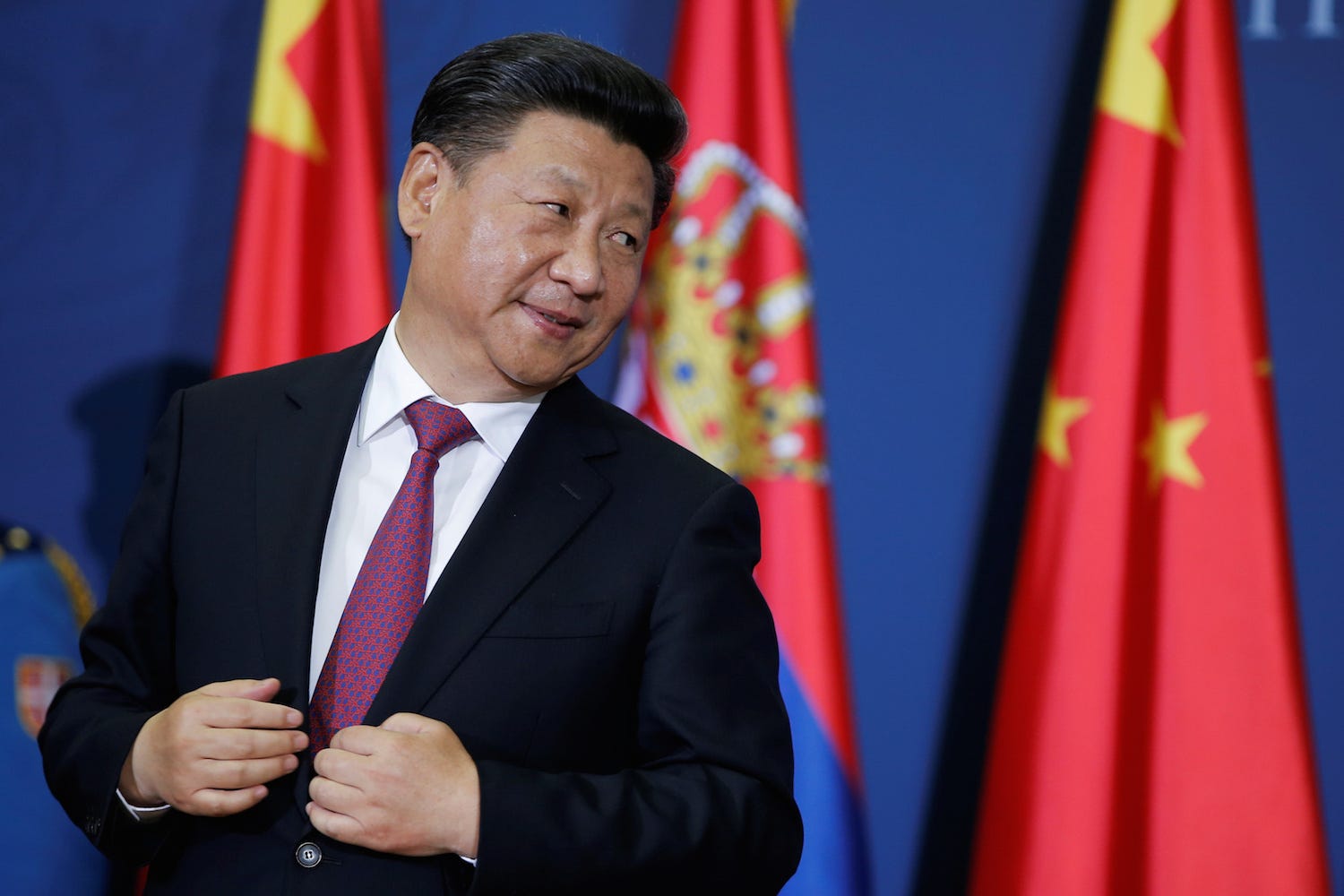
But there are more perceptive comments too. Zheng Yongnian, quoted above, believes that:
The continuing success of the CCP is due to its achievement of sustainable economic and social development in China. But it also implements reforms and changes to itself in ways that western observers find hard to understand and appreciate. Westerners might say that this is China’s fault because the CCP’s processes are so obscure and opaque.
DW News echoes other criticism of the CCP:
China’s official scholars and propaganda system are always inclined to give political endorsements and eulogise. They use slogans and forms. Scholars who can independently speak out and conduct objective research on the CCP are rare.
DW News goes on to interview Ke Huaqing, a professor at the China University of Political Science and Law. After referring to political systems over the centuries, the professor concludes:
I sum up the Chinese socialist system as a democratic monarchy or party-guided democracy, while Western capitalism is a democratic aristocracy or a democratic system of party struggle.
China had a tradition of centralized monarchy for thousands of years. This influences the political culture of the CCP.
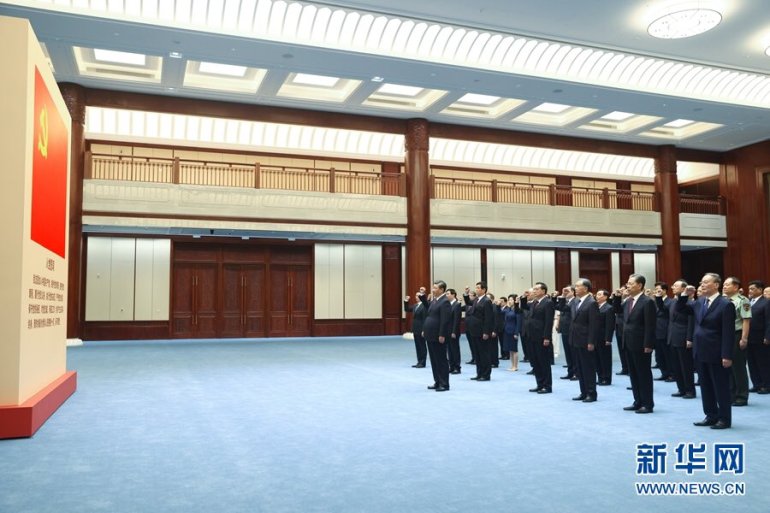
The photo shows officials of the Political Bureau of the Communist Party of China visiting the Chinese Communist Party History Exhibition Hall.
In the opinion of many Chinese researchers, the West lacks an authoritarian tradition of centralization and unification. This is due to its ancient Greek, democratic, origins. After the great geographical discoveries 500 years ago, the West moved on to a Renaissance, a Reformation, and an Enlightenment. In the process, individualism, rationalism, and the spirit of social contract have gradually developed, forming a tradition of “small government and big society”, which continues to this day.
Although there have been many gaps, China’s history has constantly moved towards greater unification. In the Qin Dynasty, China abandoned the feudal system of the Zhou Dynastyand established a centralized monarchy based on a system of prefectures and counties. For the next two thousand years, although the feudal system was occasionally restored, the overall system was dominated by a centralized monarchy. This system reached its peak in the Ming (1368-1644) and Qing Dynasties (1644-1912).
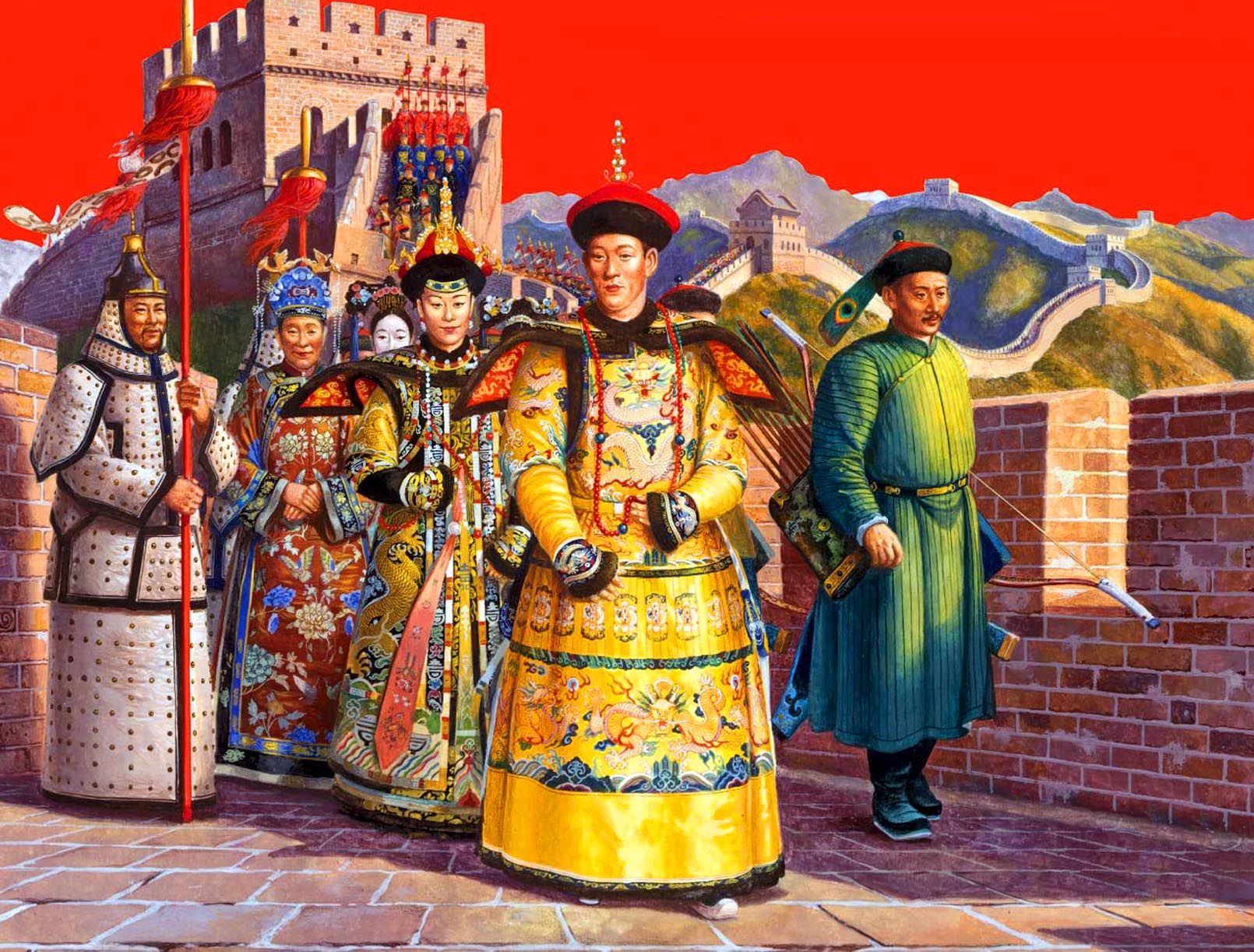
One Chinese writer comments on western democratic processes:
The party constitution of a flexible (democratic) party is vague: party discipline is loose. Party organisations at all levels have relatively random powers. They often only play a role during elections and only play a role in assisting candidates in elections. There is no substantive leadership at all.
By contrast:
The CCP’s organizational form and structure are different. Its party constitution is very serious and clear. Its party discipline is very strict. The party’s entry procedures are complex, and the threshold is high. It implements almost militarized management, is highly unified in thought and action, and strictly prohibits all private views or secrets.
The Communist Party of China is China’s only long-term ruling party. Therefore, China has only one political process. However, this process is open. Any person, social group, or representatives of economic interests can participate in it. They express their interests through internal consultations. This is not a “one-party dictatorship” as the West calls it, but a “multiple unity”.
Writer after writer, in both the West and China, compare and contrast the alternative political systems. Like competing religions, both argue that their system is better. Each compares its ‘favoured’ citizens with ‘unfortunate’ citizens in the other regime. As did western missionaries in colonial times, so their successors in politics and journalism now plan and forecast the demise of the CCP, in the hope of replacing it with their own systems and values.
Conclusion
Both western and Chinese researchers agree that the CCP, far from being a rigid autocracy bound by rules and dogma, is adaptable, popular with Chinese people, and successful. Citizens in the west pay a price, in chaos, for their freedoms and cherished values. Chinese citizens are happy to have some freedoms restricted for China to grow and for them to be prosperous.
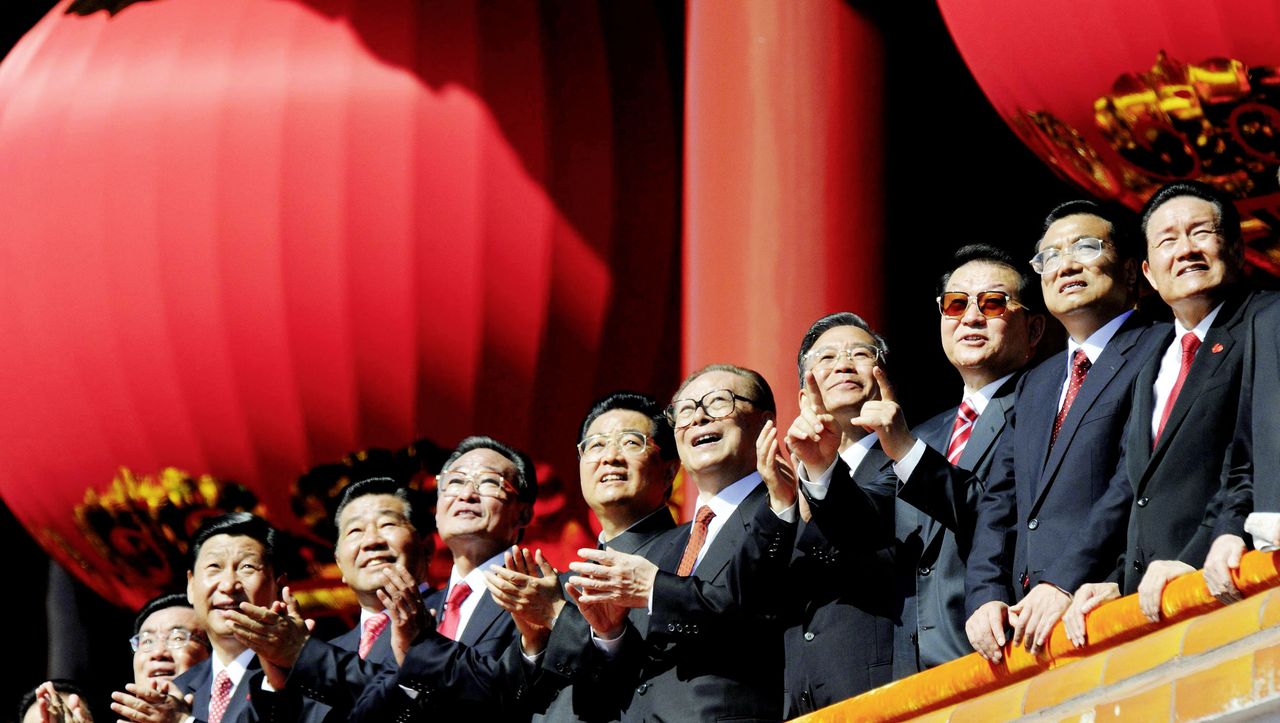
Above all, what research shows most is that the CCP is a political party of people – human beings. Leading members have strongly different ideas – as do politicians everywhere. Accidents happen. Some decisions are good and some less so. The CCP has constantly changed and adapted. Its workings are opaque to outsiders at times. But no-one can doubt its success. During its rule, China has achieved an astonishing transformation.
Politicians in both the west and China criticise each other’s systems. But it is impossible to ignore the past that led to the systems that exist today. Yet, because countries are run by people, the differences may be less than appears. Chaos does occur within the CCP. Order and discipline do exist in democracies. Democratic governments withdraw freedoms from their people when needed. The CCP likewise has proved remarkably tolerant to dissent.
We should respect both systems as successful ways of governing – in their own cultural context.
Worked on the article:

Wanlikhang


